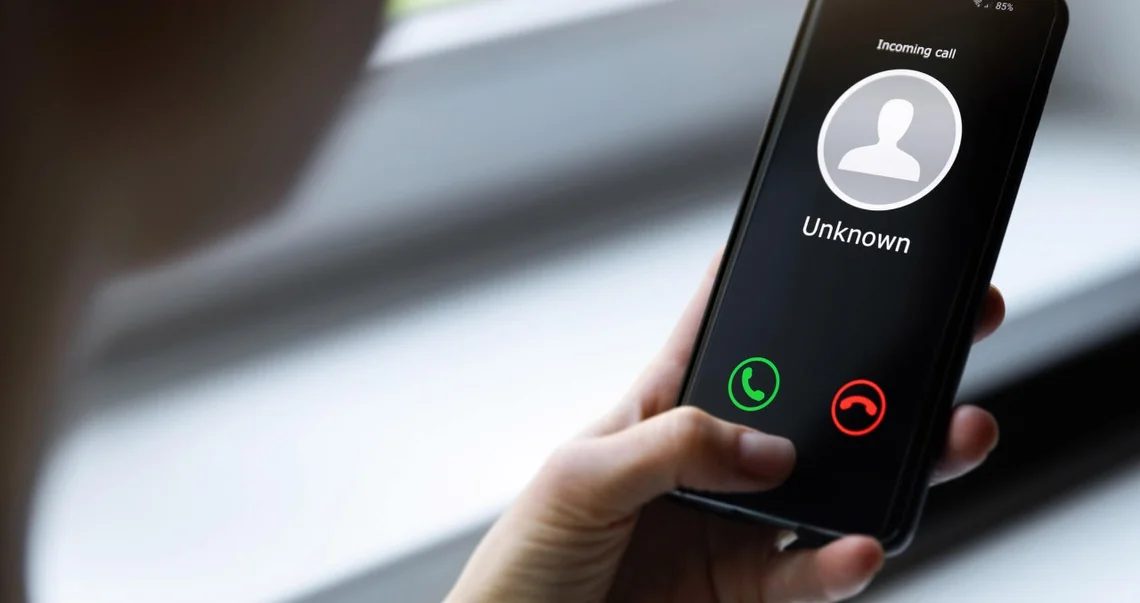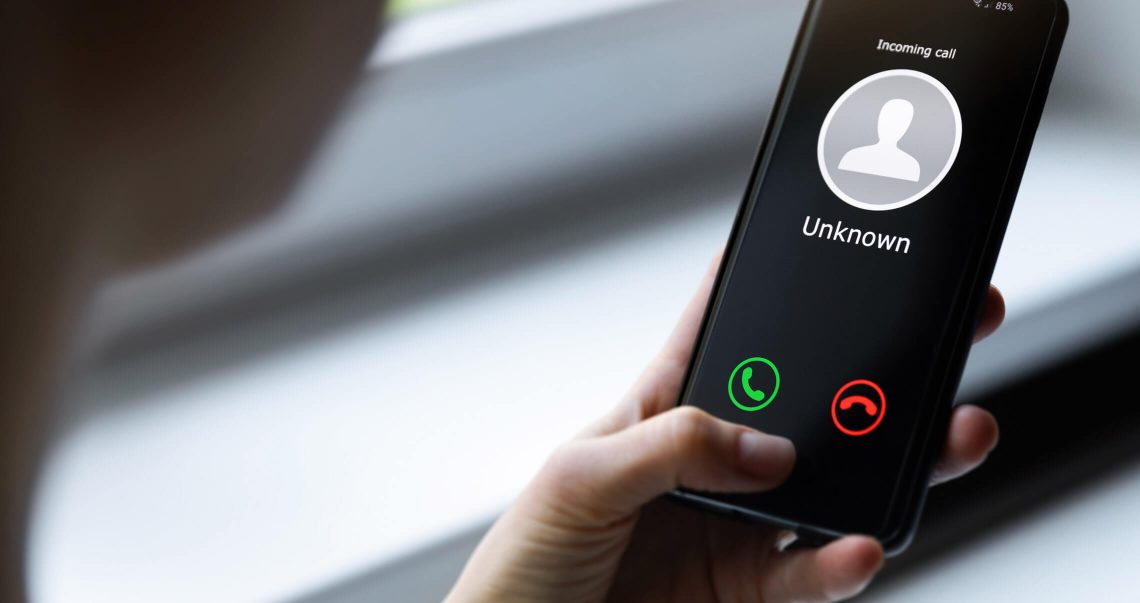4 types of scam calls to watch out for
Have you ever received an email or a phone call from someone saying you've won a financial prize or have an unexpected inheritance coming your way? Sometimes these calls may appear to come from a government official or attorney's office. Often, they're located in a different part of the country—or a different country altogether.

Unfortunately, these calls are almost always bogus. Scams like these are on the rise, so it's important to be able to identify them quickly so you can avoid compromising your personal information.
Identifying scam callers
Scam calls and impostor scams come in many different forms, but they all have one thing in common: A fraudster will pose as someone you trust, asking you to send money for outstanding taxes or fees, or to assist a relative or friend. These phone scams are almost always posed as urgent because the impostor wants to provoke you to take immediate action before you have time to think through the request or consult with others.
Learn how to recognize four common types of scams today's fraudsters use, as well as what you can do to keep your bank accounts safe.
1Scammers posing as computer technicians
If someone says they're calling from a well-known company like Microsoft, Apple or your internet service provider, think twice before giving any information. Microsoft and Apple would never call you specifically unless you originally contacted them with a request.
Typical signs of fraudsters using this type of phone scam include:
- Suggesting you have malware or a virus on your computer
- Requesting remote access to your computer
- Advising you to purchase virus protection software
- Requesting your credit card number
Don't share your password or credit card information, and don't give access to your computer. Instead, try calling or emailing your service provider or the company directly to confirm that the call is legitimate.
2Fake government officials
Getting a call from someone who appears to be with the IRS or another government agency could send you into a panic. Impostor scams like this often include the threat of deportation or legal action. They may also threaten to revoke your license if you don't pay the requested amount with a prepaid debit card, credit card or wire transfer.
These scam calls may seem legitimate, especially if the caller knows your Social Security number and the caller ID shows a Washington, DC, area code. However, government agencies would never contact you by phone. They only contact you by mail. And they certainly wouldn't request credit card payments by phone. If you get a call like this, hang up immediately.
3Callers posing as grandkids
Calls targeting the elderly include a scam where someone poses as a grandchild who desperately needs money urgently—but they don't want you to tell anyone. The caller might seem to know a lot about you and your family, especially if this information has been shared on social media.
In this situation, it's important to verify whether it's truly your grandchild on the phone. The best course of action is to hang up immediately and then call your grandchild directly.
4Phony online relationships
The rise of online dating has led to a new set of impostor scams—calls and online requests for financial help from a new long-distance relationship. Whether they say they're working, in the military or in school far away, they might ask for money for travel expenses to visit you or to cover an urgent situation like a medical emergency. Protect your finances and avoid sending money to anyone you meet online.
What to watch for
Today's criminals depend on scam calls and impostor scams to prey on unsuspecting individuals and steal their money. Learn to recognize the signs of a scam call so you can protect yourself and your money from a social engineering attack.
Here are some best practices to keep yourself protected.
- Whenever someone you don't know calls, texts or emails you with an urgent request, be extremely suspicious.
- Don't provide your personal information to anyone who calls you unsolicited and asks for it.
- Never trust caller ID. Cybercriminals can easily make their calls look like they're coming from legitimate government agencies, businesses or healthcare facilities.
- Never allow a caller to take remote control of your computer or download software.
Reporting scam calls
You can help others by reporting scam calls to the Federal Trade Commission online at ReportFraud.ftc.gov or by calling 877-FTC-HELP (877-382-4357).








